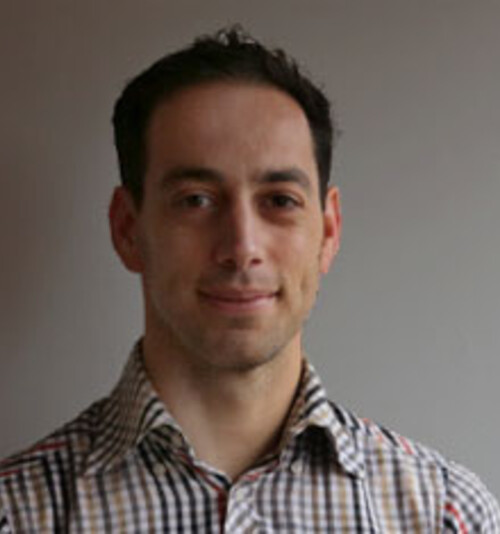Alex Fattal

When a Fulbright scholarship brought Alex Fattal to Bogotá, Colombia, after college, he founded a nonprofit organization to teach photography to children affected by the armed conflict between the government and guerrilla groups such as the FARC and ELN.
“These were young people who had been displaced or were living in very precarious conditions, and who were at risk of recruitment from armed groups,” says Fattal. “We wanted to give them the tools of representation.”
But he sensed that wider coverage of the crisis “was not helping further understanding of the war, and was not helping to resolve the conflict.” So when he returned to Colombia to do fieldwork for his PhD, he approached the intersection of media and politics in a new way. He began studying the Colombian government’s demobilization efforts, centered in part on strategies of persuasion, often in the form of ad campaigns produced with the help of a public relations firm. The connection is reflected in the language, Fattal notes. “The word propaganda in Colombian Spanish means both advertising and what we mean by the word in English.”
It was clear from the start that media is a crucial part of the demobilization attempts, but Fattal’s project takes a wide view. “Rather than cordon off production from circulation and reception,” he wants to track all three parts of the process in order to understand “what promises are being made to the demobilized, how the demobilized understand those promises, and how they experience the transition to civilian life.”

